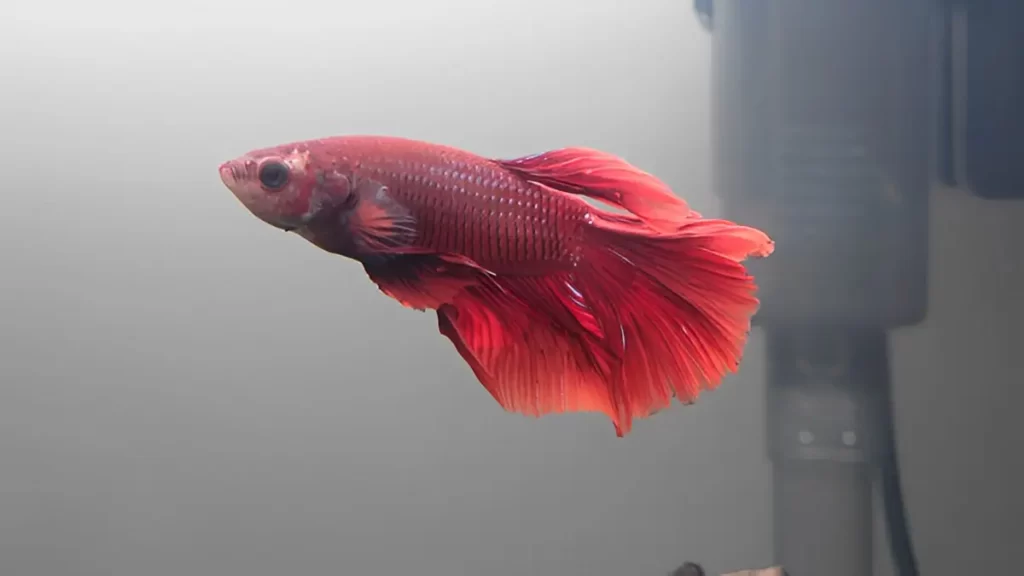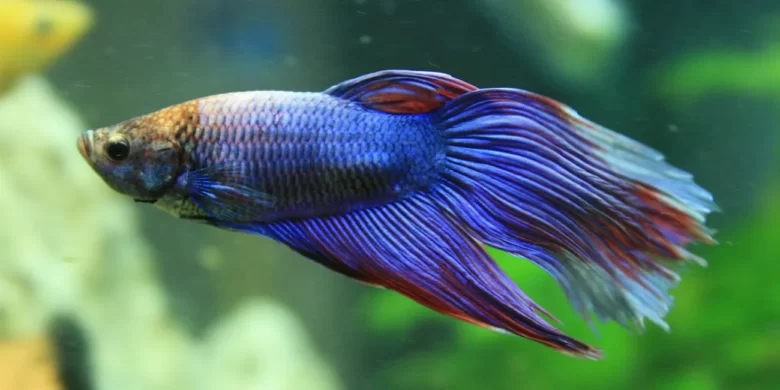Stillness in Betta Fish
Betta fish, also known as Siamese fighting fish, are known for their peculiar behavior of staying still in their aquariums. There are several possible reasons for this behavior:
- Natural behavior: Betta fish have a natural tendency to remain motionless for periods of time. This is because they are solitary predators in nature and spend a lot of time observing their surroundings for prey or threats.
- Stress: Stress can also cause betta fish to stay still in their aquarium. Sudden changes in the environment, such as water changes, temperature fluctuations, excessive movement around the tank, or the presence of aggressive tank mates, can make them uncomfortable and cause them to become immobile.
- Illness or health conditions: In some cases, betta fish may stay still due to health issues. Bacterial infections, parasites, fin problems, or other health issues can affect their behavior and make them less active.
- Boredom or lack of stimulation: Betta fish are curious animals and require adequate stimulation in their environment to remain active and engaged. If the aquarium is small, lacks proper decorations, plants, or hiding places, the betta fish may become bored and spend most of its time motionless.
Stillness in Betta Fish:
- Inadequate water temperature: Betta fish are a warm-water species and require a stable temperature ranging from 24 to 28°C (75 to 82°F). If the water temperature is too low or too high, the fish may become inactive and prefer to stay still in a location where they feel more comfortable.
- Lack of proper oxygenation: Insufficient dissolved oxygen in the water can cause discomfort to betta fish. If the aquarium lacks a proper filtration system or if the water becomes stagnant, the oxygen levels may decrease, leading the fish to stay near the water surface where there is a higher concentration of oxygen.
- Adaptation stage: When a betta fish is introduced to a new aquarium, it may need time to adapt to the new environment. As it becomes accustomed to the new environment and feels more secure, it is likely to start exploring and swimming throughout the aquarium more frequently.
- Age and life cycle: The average lifespan of a betta fish ranges from 2 to 5 years, depending on the care and living conditions provided. As the betta fish ages, it is natural for it to become less active and spend more time resting.
It is important to observe the behavior of the betta fish regularly to identify any significant changes. If the fish exhibits other signs of discomfort, such as loss of appetite, persistent lethargy, changes in color, or fin damage.
Read more about pets.
Read more about betta food.




